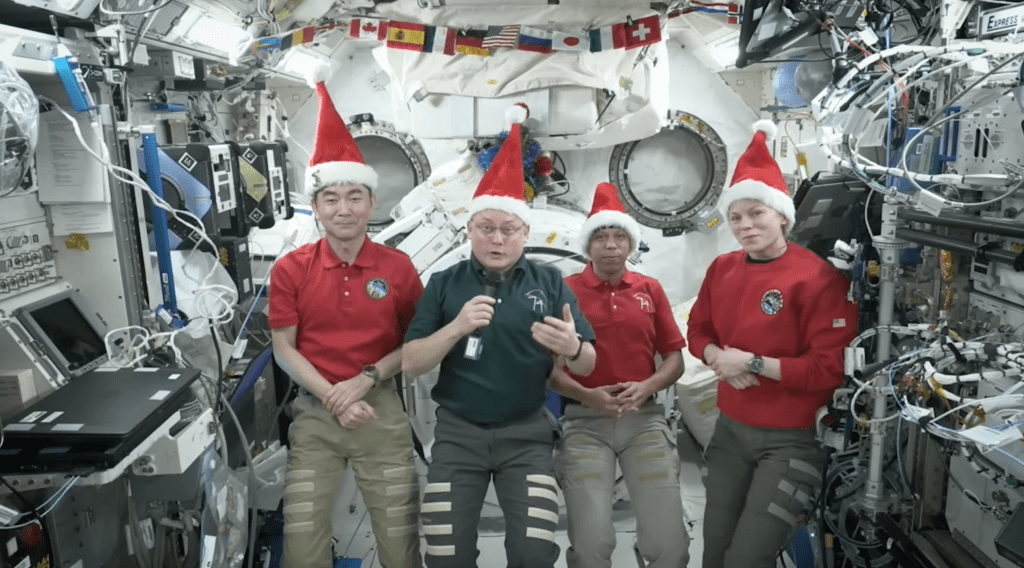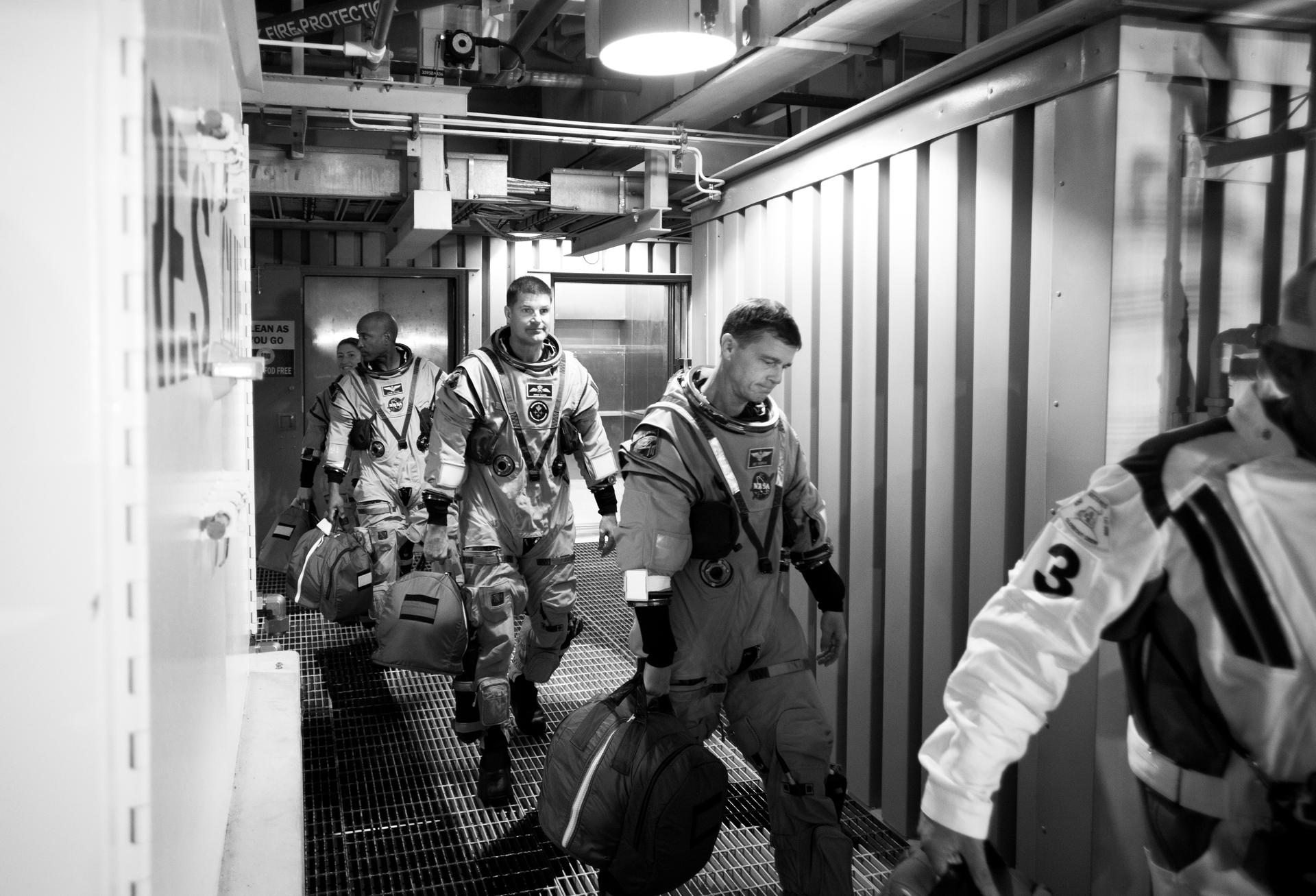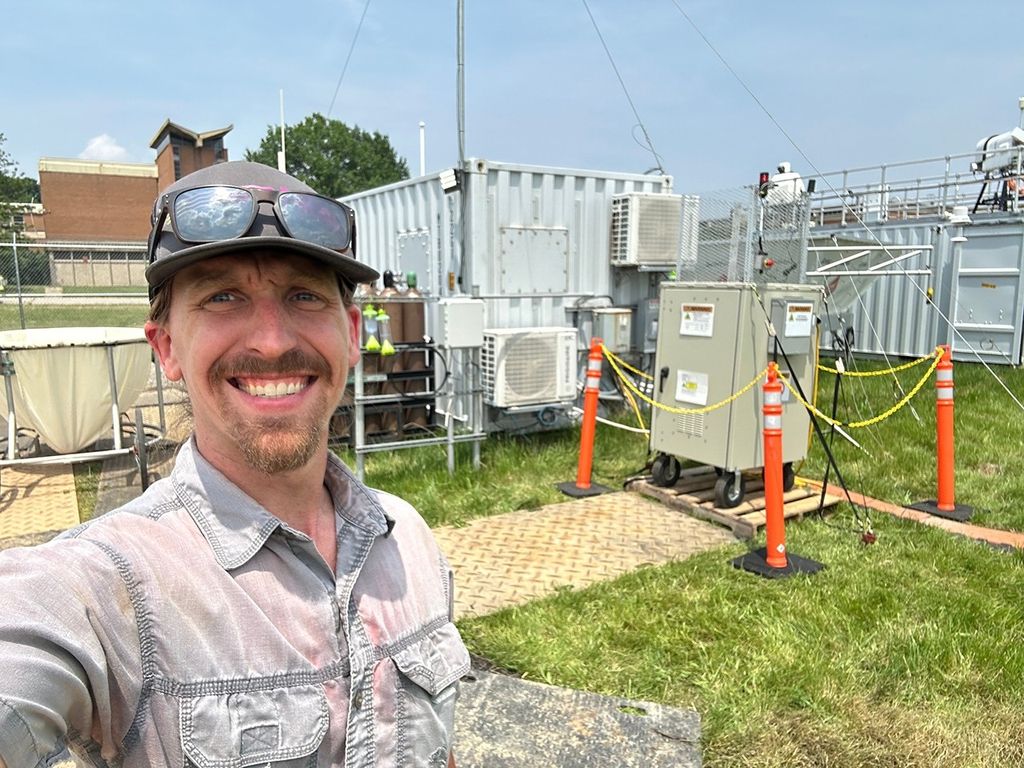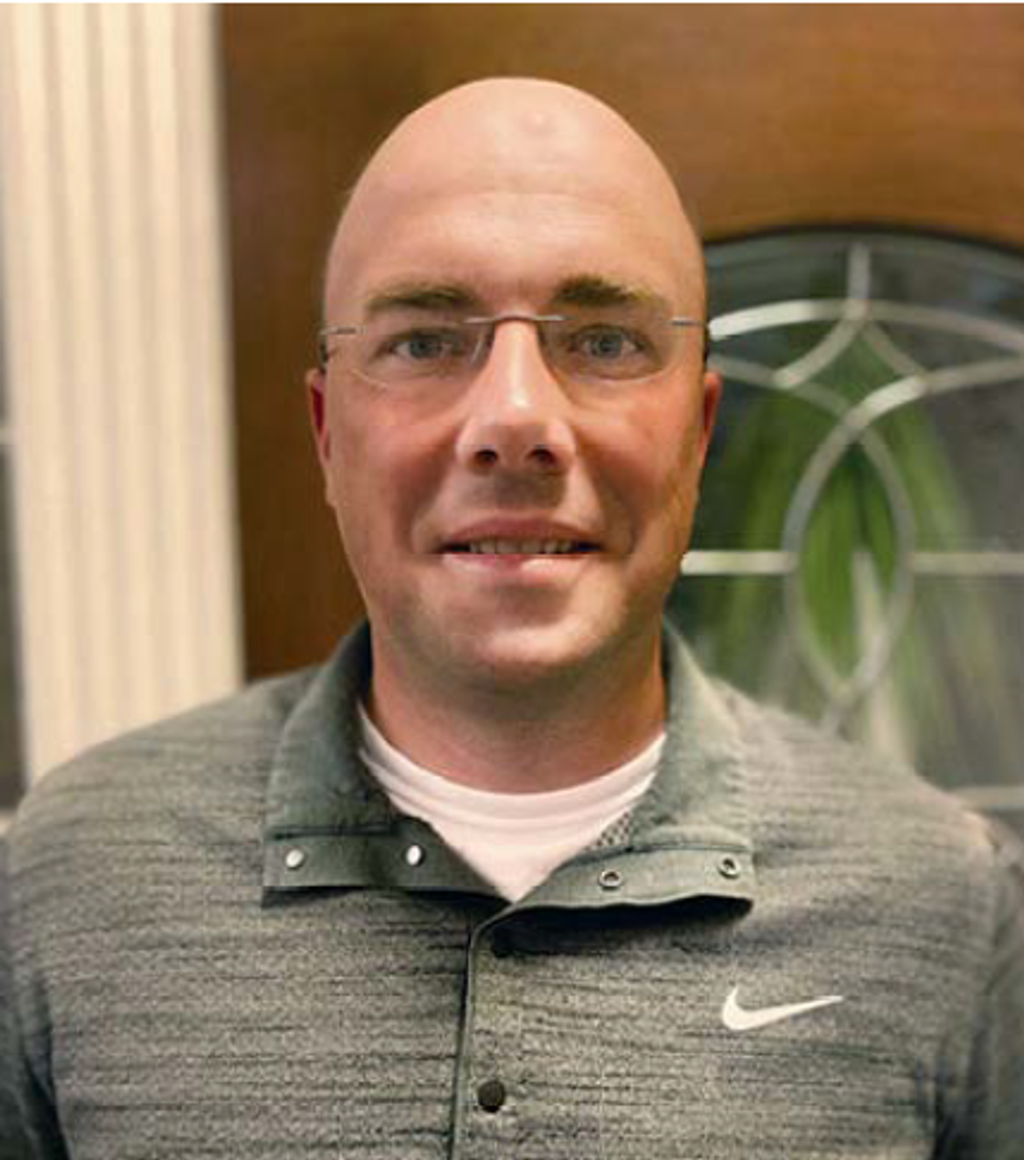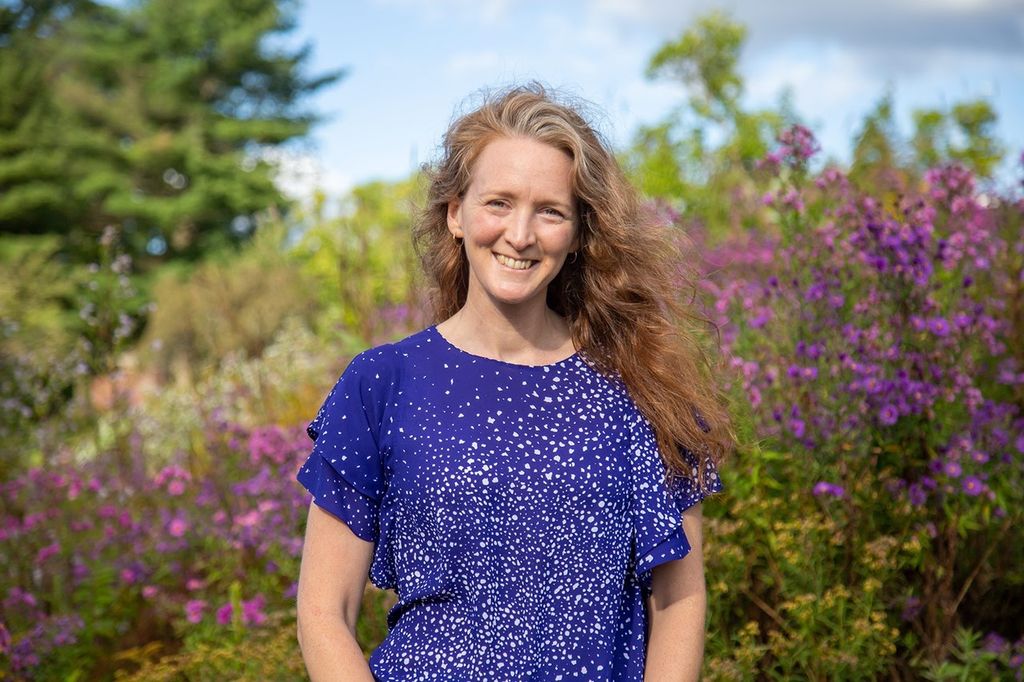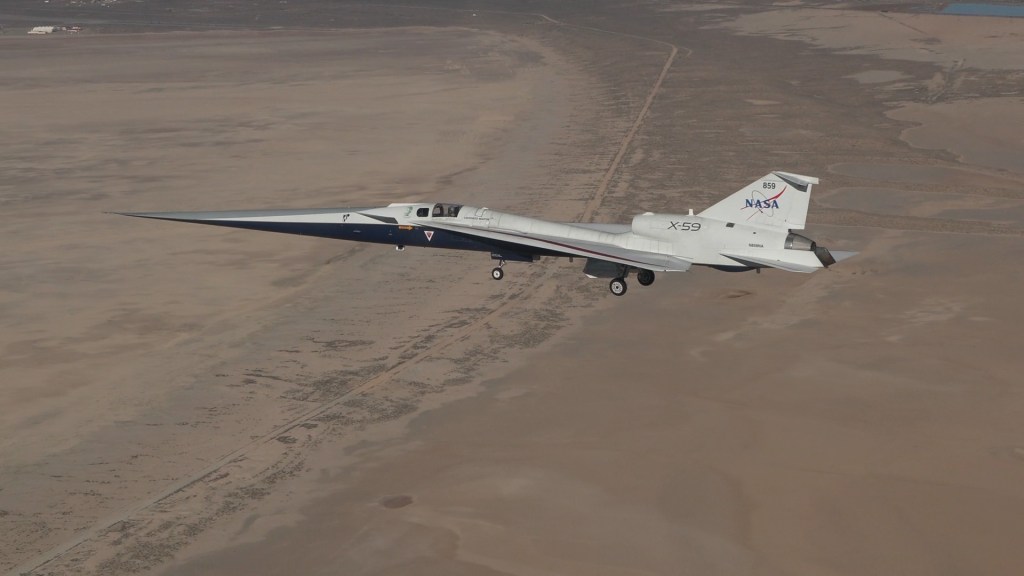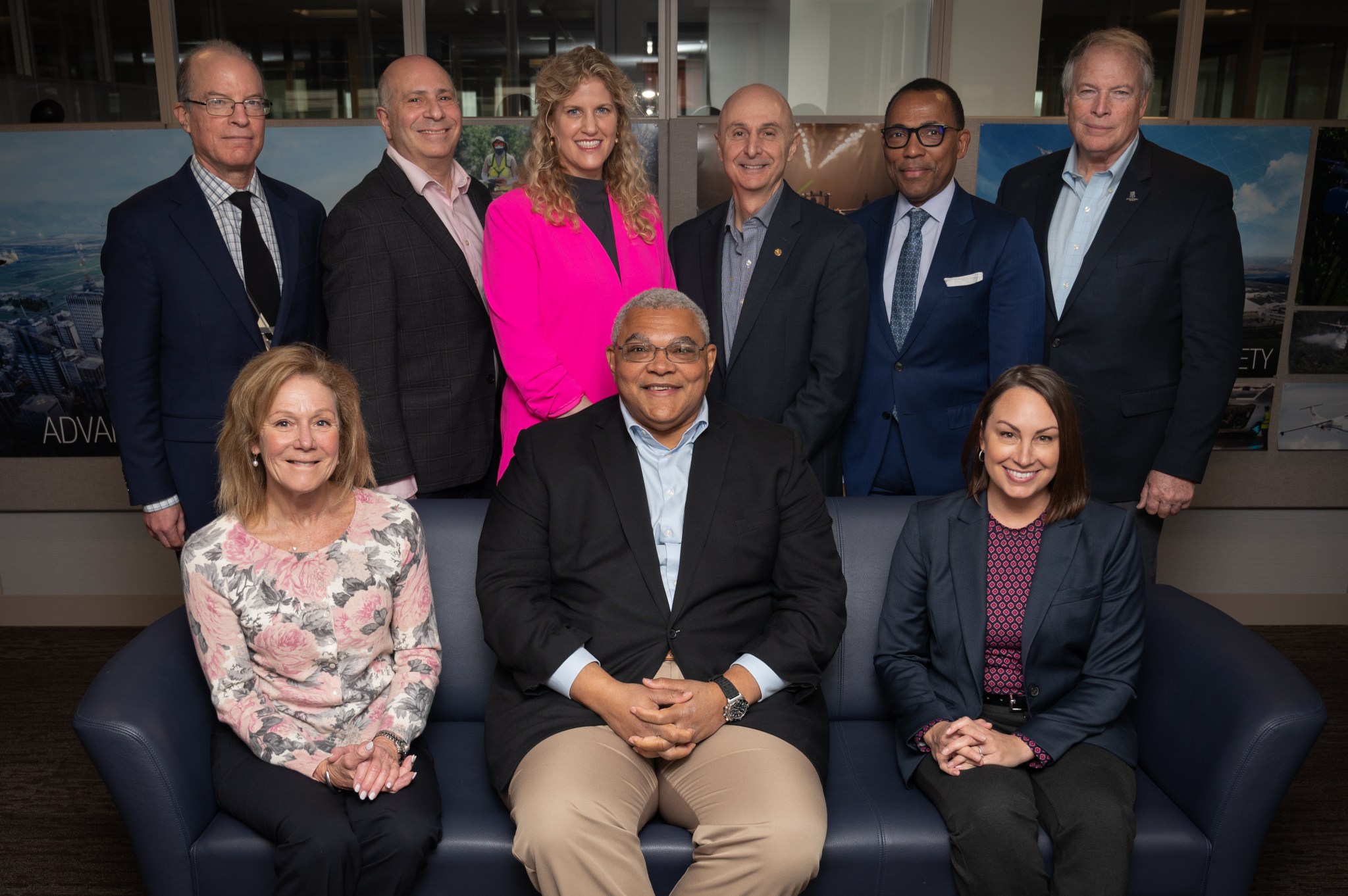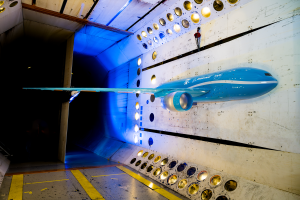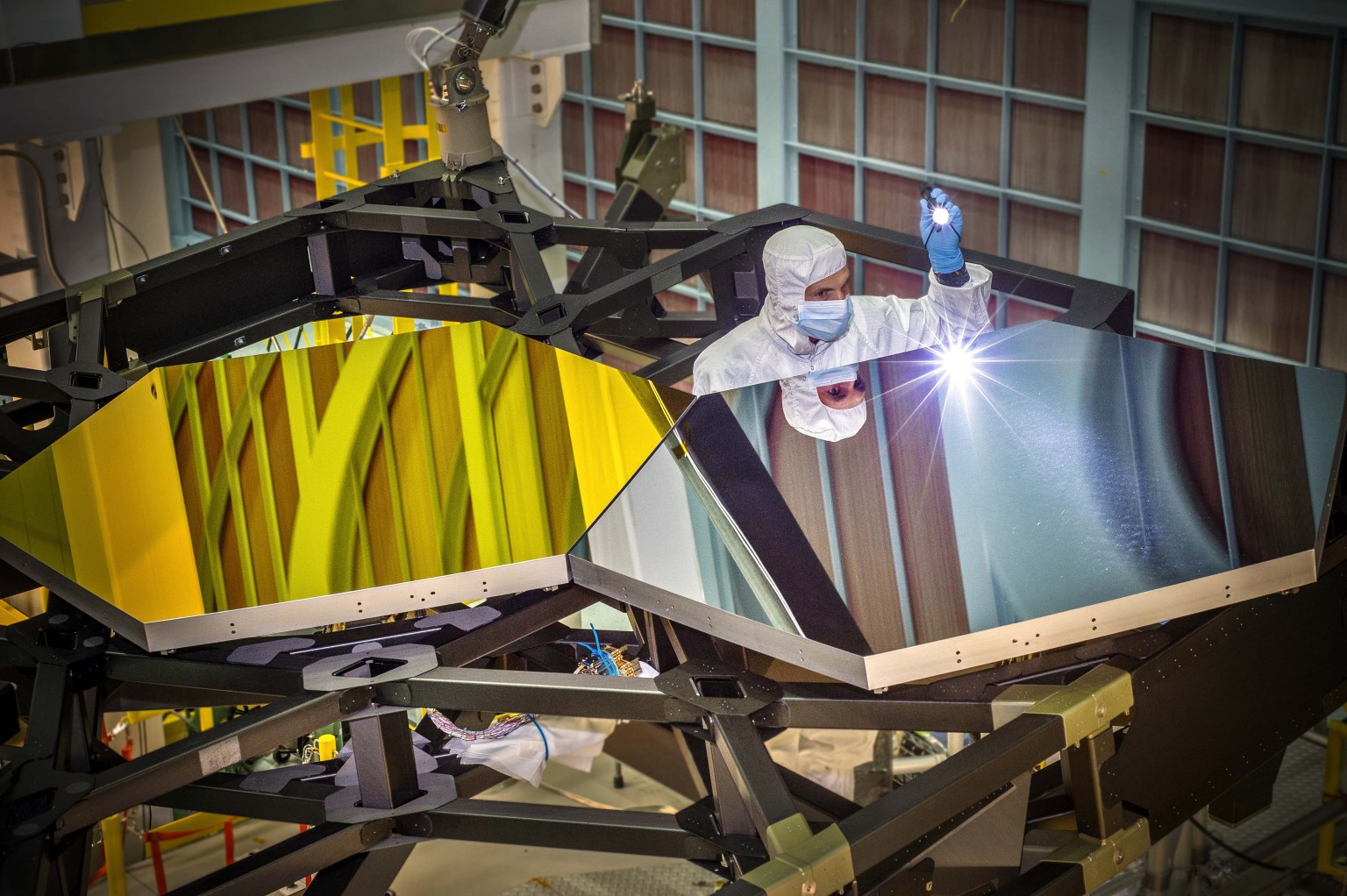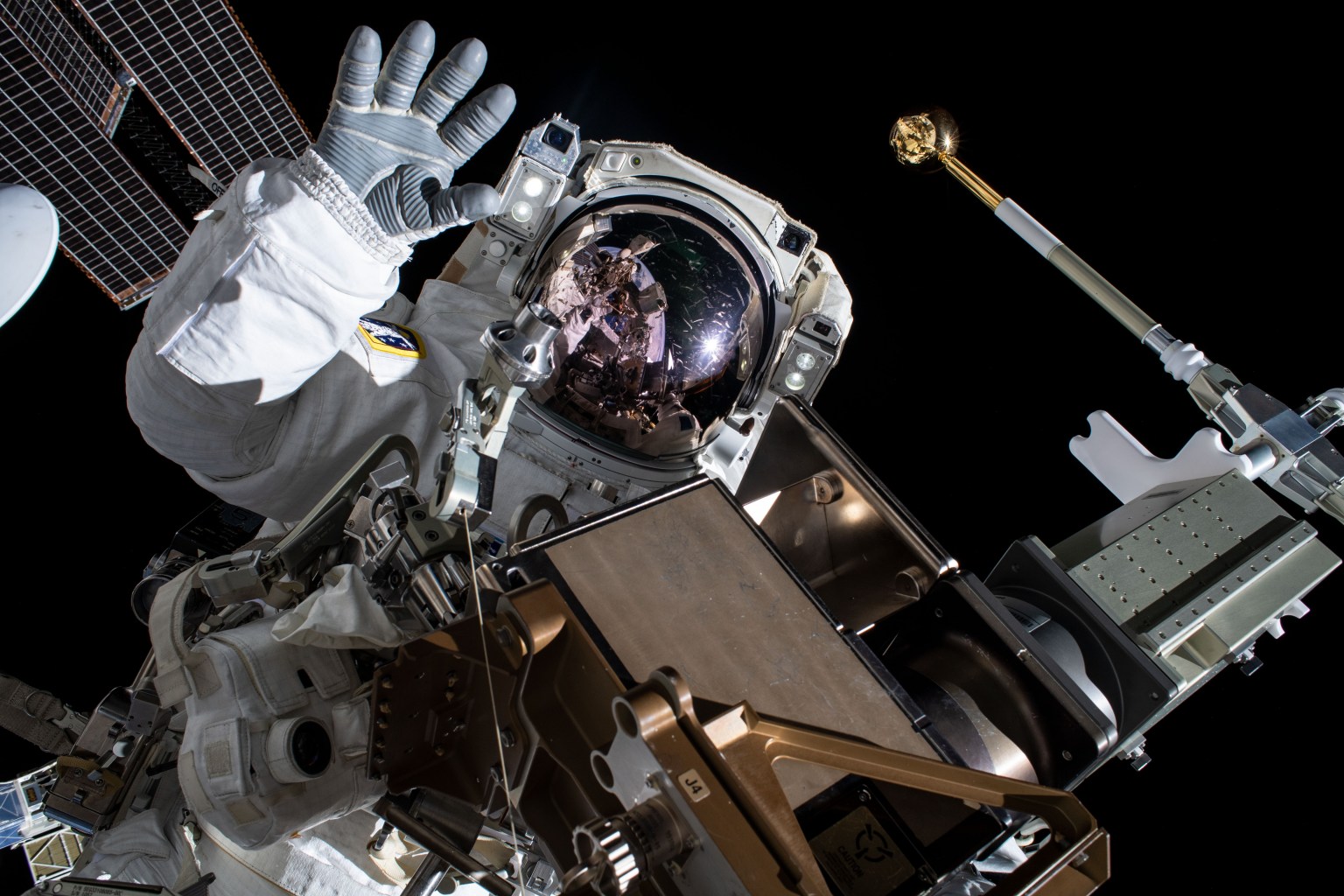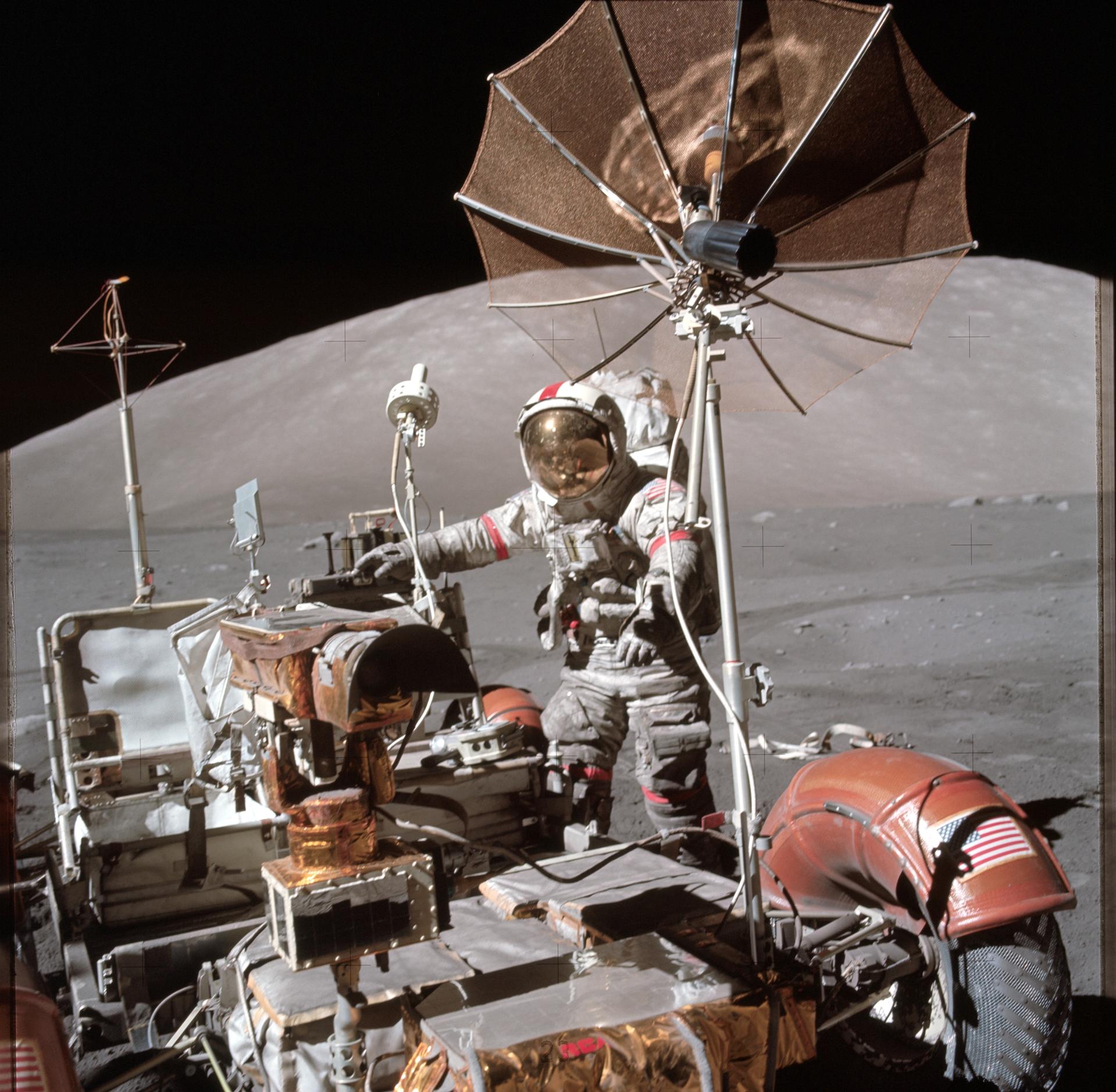Point of Contact for the Aeronautics Committee: Ms. Irma Rodriguez, Executive Secretary
Dr. John-Paul Clarke, Chair
Dr. Clarke is a professor of Aerospace Engineering and Engineering Mechanics at the University of Texas at Dr. Clarke is a professor of Aerospace Engineering and Engineering Mechanics at The University of Texas at Austin, where he holds the Ernest Cockrell Jr. Memorial Chair in Engineering. Previously, he was a faculty member at the Georgia Institute of Technology and the Massachusetts Institute of Technology (MIT); Vice President of Strategic Technologies at United Technologies Corporation (now Raytheon); and a researcher at Boeing and NASA JPL. Prof. Clarke is an expert in the development and use of stochastic models and optimization algorithms to improve the efficiency and robustness of complex systems, with a particular focus on aviation. For example, his work led to the development of the world’s first fully autopilot-coupled continuous descent arrival procedure to be used in daily operations; airline schedules that are “robust” to poor weather and/or aircraft failures; and a state-of-the art algorithm to maximize the likelihood of success for a portfolio of research and development projects (or financial assets) with uncertain future performance and schedule. Throughout his academic career, Prof. Clarke has consulted extensively and co-founded multiple companies. His two most recent companies are: Pace Revenue Management – a London-based company that utilizes state-of-the-art machine learning algorithms to estimate the demand for and set the optimal price of perishable goods; and Universal Hydrogen – a company dedicated to the decarbonization of aviation via a novel low capital expenditure hydrogen supply and distribution system. In addition to being the Deputy Chair of the Board of Directors of Cayman Airways Limited, he is also a member of the Boards of Directors of Universal Hydrogen Co., Proven Investments Limited, and Indigo Insurance Ltd. Dr. Clarke received the S.B., S.M., and Sc.D. degrees from MIT in 1991, 1992, and 1997, respectively. He is a Fellow of the AIAA and the Royal Aeronautical Society (RAeS) and is a member of the Airline Group of the International Federation of Operational Research Societies (AGIFORS), the Institute for Operations Research and the Management Sciences (INFORMS), and Sigma Xi. His prior honors include the 2003 FAA Excellence in Aviation Award, the 2006 National Academy of Engineering Gilbreth Lectureship, and the 2012 AIAA/SAE William Littlewood Lectureship, and the 2015 SAE Environmental Excellence in Transportation Award.
Mr. Peter Bunce
In April 2005, Peter (Pete) Bunce became President and CEO of the General Aviation Manufacturers Association (GAMA), which has North American headquarters in Washington, D.C. and European/Middle East headquarters in Brussels, Belgium. He and the GAMA staff travel worldwide engaging regulators, policymakers, and elected officials to promote general aviation and advance the interests of GAMA’s global membership of more than 120 airframe, avionics, engine, and component manufacturers, as well as the world’s leading business aviation maintenance, repair and overhaul companies. Pete retired from the United States Air Force in March 2005, with his last assignment as the Director of the Air Force Congressional Budget and Appropriations Liaison. During his 26-year Air Force career, Pete flew F-15s and A-10s, while commanding several large operational fighter units. A Wisconsin native, Pete learned to fly as a teenager in the skies over southern Wisconsin. He entered the Air Force in 1979 as an honor graduate of the United States Air Force Academy. He received his master’s degree in International Affairs from Troy University in 1988 and was an International Affairs Fellow at Harvard University in 1996-97. Pete is an active pilot with more than 7,000 hours in military fighter and training aircraft as well as civil piston, turboprop, and business jet aircraft. He holds an FAA airline transport certificate and seaplane rating.
Dr. Todd Citron
Dr. Citron is the Chief Technology Officer of The Boeing Company, responsible for developing and executing Boeing’s technology strategy. This includes Boeing Research & Technology (BR&T), subsidiary Aurora Flight Sciences, and AvionX that are helping create the future by developing and transitioning critical technologies, delivering ground-breaking products, and providing daily program execution support across Boeing. It also includes the engineering oversight and support to the joint ventures at Wisk and SkyGrid. These global teams work in five U.S. and seven international research centers. Prior to his current role, Citron was vice president of engineering for Boeing Defense, Space & Security, where he was responsible for ensuring world-class technical integrity for all Defense, Space & Security products and services. He led a 20,000-person international engineering organization that included teams across each division of the business. Citron was previously vice president and chief engineer for Defense, Space & Security Development. There he managed engineering support for key focus programs in the business’s portfolio, improving execution through early deployment of critical resources and proven processes from across the company. His responsibilities also included creating and implementing a strategy to enhance engineering quality and affordability. Previously, Citron was vice president of Mission Assurance and the senior chief engineer of Systems Engineering for Defense, Space & Security Engineering. Earlier in his career, Citron served in a number of business, program management and engineering leadership roles, which included developing advanced space systems such as a small satellite product line (702SP) that has won awards from both Aviation Week and the American Institute of Aeronautics and Astronautics. Citron has published numerous technical papers and has three patents in the areas of error correction, signal processing and adaptive antennas. He was also chosen to participate in the National Academy of Engineering’s Frontiers of Engineering. Citron received a bachelor’s degree in electrical engineering with distinction from Purdue University and a master’s degree and doctorate in electrical engineering from Stanford University.
Mr. Jay Dryer
Mr. Dryer is the Director of the Strategic Capabilities Office (SCO), whose mission is to develop new and innovative ways to shape and counter emerging threats across all domains, bringing unexpected and game-changing capabilities to create strategic operational effects. Prior to directing SCO, Mr. Dryer was Deputy Associate Administrator for Programs at NASA Aeronautics Mission Directorate (ARMD) and several other roles including Program Director and Senior Technical Advisor. Before joining NASA, Dryer worked with Arion Systems and SRA International providing technical support to the Defense Advanced Research Projects Agency (DARPA). His work included research in rotorcraft for the DARPA Helicopter Quieting Program, which included significant planning for the 2004 DARPA Grand Challenge program, an innovative autonomous vehicle race in the desert. During the 1990s, Dryer served in the U.S. Navy’s Nuclear Submarine Force, the Deep Submergence Unit, and Development Squadron Five, specializing in development and operation of unmanned aerial and submersible vehicles. He directed the unmanned sub-mersible vehicle that located the wreck of the U.S.S. Yorktown from World War II, and he also commanded the last survey missions to the sites of the lost U.S.S Thresher and U.S.S Scorpio submarines. Dryer holds a Bachelor of Science degree in systems engineering from the U.S. Naval Academy and a Master of Science degree in ocean engineering from Massachusetts Institute of Technology.
Ms. Lisa Ellman
Ms. Ellman chairs the Global Unmanned Aircraft Systems (UAS) Group at the global law firm Hogan Lovells, where she’s a leading public policy lawyer focusing on domestic drones, Urban Air Mobility, and other emerging technologies. She co-founded and co-leads the Commercial Drone Alliance, an independent non-profit organization led by key figures of the commercial drone industry. Lisa is widely recognized as one of the “world’s foremost authorities on drone and law.” Throughout her career, Lisa has worked to bridge government policymaking and business innovation. Lisa has held a variety of positions at top levels of the executive branch at the White House and the U.S. Department of Justice (DOJ). Most recently, she led DOJ’s effort to develop policy that would govern the use of UAS in the United States and participated in the federal interagency group tasked with integrating UAS into the National Airspace System. Lisa’s focus is expanding the commercial drone industry. She also focuses on UAS security efforts. Lisa co-founded the Domestic Drone Security Summit Series, bringing together national security agencies with industry to explore collaboration opportunities around drone security. Lisa currently serves on the National Academies’ Aeronautics Research and Technology Roundtable advising NASA on legal and policy issues related to Urban Air Mobility.
Dr. Nicole Key
Dr. Key is a full professor and Associate Head for Graduate Studies in Mechanical Engineering at Purdue. She obtained her bachelor’s degree from the School of Aeronautics & Astronautics at Purdue in 2000 and her master’s from the School of Mechanical Engineering at Purdue in 2002. She then spent a year in Brussels completing the Diploma Course at the von Karman Institute for Fluid Dynamics working on turbine tip flows. She returned to Purdue and completed her PhD in 2007 focusing on vane clocking effects in a multistage compressor. She joined the faculty of mechanical engineering at Purdue in the fall of 2007. Prof. Key’s experimental research focuses on understanding the underlying flow physics associated with primary and secondary flow phenomena in axial and radial compressors to enable more efficient, robust designs. Her research has been sponsored by NASA, ONR, Rolls-Royce, Honeywell, Siemens, Pratt & Whitney, GE, and the GUIde Consortium. She was the recipient of the 2014 International Gas Turbine Institute’s (IGTI) Dilip Ballal Early Career Award and named a University Faculty Scholar in 2019. She led the ASME Gas Turbine Segment Leadership Team in 2019-2020 and served on the Segment Leadership Team from 2017-2021. She has been an Associate Editor for the ASME Journal of Turbomachinery and AIAA Journal of Propulsion and Power. She is an ASME Fellow and AIAA Associate Fellow.
Mr. Billy Nolen
Mr. Nolen is the Chief Safety Officer at Archer Aviation. In this position, he plays a leadership role to help Archer more effectively collaborate with industry stakeholders and help ensure eVTOL’s safe entry into service as it prepares for planned commercialization in 2025. Before joining Archer, Nolen served as the acting administrator of the Federal Aviation Administration where he led certification reform and new safety management systems for airports. Prior to that, he was the associate administrator of aviation safety for the FAA, which covers more than one million registered aircraft, more than one million active pilots, thousands of approved manufacturers, and over 50,000 flights every day. During his time with the FAA, Nolen led the agency’s efforts to enable the safe entry of eVTOL aircraft into the national airspace and has been a strong advocate for the eVTOL aircraft industry and its role in changing the way the world moves. Billy Nolen is an experienced aviation safety professional with more than 33 years of experience in corporate safety, regulatory affairs, and flight operations. He began his career in 1989 as a pilot for American Airlines, flying Boeing 757 and 767 aircraft as well as the then-McDonnell Douglas MD-80. In addition to his professional aviation experience, Nolen served tours of duty in the U.S. Army as an airplane and helicopter pilot and safety officer. Nolen graduated from Embry-Riddle Aeronautical University with a Bachelor of Science degree in Aviation Management and has certificates in aviation safety from the U.S. Naval Postgraduate School, U.S. Army Safety Center, and the University of Southern California. He is a Fellow of the Royal Aeronautical Society (FRAeS) and has traveled extensively across the globe.
Ms. Susan Pfingstler
Ms. Pfingstler is the Vice President of JetBlue University where she oversees JetBlue’s technical and non-technical learning programs, including the Colleges of Flight, Technical Operations (Maintenance), System Operations, In Flight, Airport Operations, Ground Operations, Customer Service and Hospitality. She leads faculty in Orlando, Salt Lake City and New York, the Training Scheduling and Learning Analytics teams, and JetBlue’s Lodge operation at the Orlando Support Center. Together, she and her team ensure that all JetBlue Crewmembers are equipped with the knowledge and skills to support the business, execute the operational strategy and bring the JetBlue experience to life. Prior to joining JetBlue Ms. Pfingstler was United Airlines’ Managing Director, Network Operations, Air Traffic Control Strategy. She managed a globally dispersed team that crafted and executed surface and airspace traffic flow management initiatives to support United’s daily operation. She engaged domestically and internationally on industry affairs important to United’s unique six-continent reach, and shaped corporate investments that leverage “now-gen,” NextGen, and future concepts to optimize the customer travel experience.
Dr. Helen L. Reed
Helen Reed, Ph.D., P.E. holds the title of Distinguished Professor Emerita at Texas A&M University as of September 1, 2022. She joined Texas A&M in 2004, served as Department Head (2004-08), and founded and directed both the Computational Stability & Transition Laboratory and the AggieSat Lab Small Satellite Program. She is presently co-Founder and Chief Technology Officer for Chandah Space Technologies dba Guardian Space Technology Solutions. She has 45 years of experience in boundary-layer receptivity, stability, transition, and flow control for both 2-D and 3-D flowfields over the speed range from low subsonic to hypersonic; and 29 years of experience in micro- and nano- satellite design and operations, space domain awareness, on-orbit inspections, and student programs. She is a Fellow of the American Institute of Aeronautics & Astronautics (AIAA), American Physical Society, and American Society of Mechanical Engineers (ASME). She is the recipient of the 2018 AIAA/National Academy of Engineering 3rd Yvonne C. Brill Lectureship in Aerospace Engineering, 2018 AIAA Fluid Dynamics Award, 2016 ASME Kate Gleason Award, 2007 AIAA/American Society for Engineering Education J. Leland Atwood Award, and 2014 Minnie Stevens Piper Professor Award from the State of Texas; and she was inducted into the Academy of Engineering Excellence and the Academy of Aerospace & Ocean Engineering Excellence at Virginia Tech (her alma mater). Presently she is a member of the NASA Advisory Council Aeronautics Committee, the U.S. Air Force Scientific Advisory Board, the NATO/STO AVT 346 Technical Team: “Predicting Hypersonic Boundary Layer Transition on Complex Geometries”, and the National Academies’ Intelligence Science and Technology Experts Group. She also serves on the Virginia Tech Aerospace & Ocean Engineering Advisory Board and the University of Washington Visiting Committee in Aeronautics & Astronautics.
Ms. Dorothy “Di” Reimold
Ms. Reimold joins the Aerospace Industries Association (AIA) as the Vice President for Civil Aviation as the next step in a long career in both the public and private sectors where she has held executive positions in aviation policy, international affairs, and oversight of critical aerospace systems and services. Di was most recently Deputy Vice President for Flight Program Operations for the Federal Aviation Administration, where she was responsible for the agency’s fleet of aircraft, aviation safety inspector training, flight inspection across the National Airspace System (NAS) and at Department of Defense bases around the world. Before joining Flight Program Operations, Di held leadership roles in the FAA’s Office of Aviation Safety, serving as the acting Deputy Associate Administrator and FAA’s Executive Lead for 5G C-Band implementation in the U.S. Di also served as the Deputy Director for Policy and Innovation in the FAA’s Aircraft Certification Service, where she focused on U.S. technology advances through her leadership of the agency’s Chief Scientists and establishment of the Center for Emerging Concepts and Innovation. Di also served as the Director of Strategic Operations for the FAA’s Office of Commercial Space Transportation. In prior capacities at the FAA, Di served as the acting FAA Assistant Administrator and Deputy Assistant Administrator for International Aviation. Before returning to the FAA in 2016, Di worked for the International Air Transport Association, MITRE’s Center for Advanced Aviation System Development, and the Martin Marietta Corporation. Di holds a Master’s in Management and Leadership and has studied at the U.S. Federal Executive Institute in Charlottesville, Virginia. Di is a Board member of the International Aviation Women’s Association and the International Aviation Club of Washington.
Dr. Hassan Shahidi
Dr. Shahidi is the President and CEO of the Flight Safety Foundation, where he leads a global campaign to improve aviation safety. He directs the Foundation’s mission across the locations around the world, including Melbourne, Brussels, Montreal, and Washington DC. Prior to joining the Foundation, he served as a Director at MITRE’s Center for Advanced Aviation System Development, where he led research and engineering relating to aviation safety, drone, and commercial space operational integration. He directed the Safety Information Analysis and Sharing (ASIAS) capability development, a government-industry safety data sharing partnership, he helped launch in 2007. Dr. Shahidi has over 35 years of experience in applying systems engineering and data analytics to advance air traffic control in the U.S. and around the world. He led several air traffic modernization initiatives including performance-based navigation (PBN), airspace design analytics, traffic flow management, and terminal automation concepts. Prior to MITRE, Dr. Shahidi led several initiatives in the 1980s as part of the Martin Marietta air traffic modernization program. He holds a private pilot license. Dr. Shahidi is a recipient of various industry awards, including RTCA Outstanding Achievement Award. He holds a bachelor and master’s in international economic and studies, a master’s in systems engineering and operations research, and a doctorate in engineering management.
Dr. Michael Winter
As the Principal Fellow for Advanced Technology at Pratt & Whitney, Michael leads the company’s technology portfolio internally and represents it externally. In over 35 years with United Technologies Corporation, (UTC; now RTX), Michael has made numerous contributions in aerospace working with fuel cells, lasers, and combustion & propulsion systems. He has served as Corporate Director of Systems & Controls Engineering where he provided UTC’s business units with the Model-Based Digital Thread tools needed to deliver the complex cyber-physical systems at the core of safety-critical products. As Chief Engineer for Technology at Pratt & Whitney, he led the company’s technology portfolio enabling new commercial and military platforms including the Geared-Turbo Fan and the F35 Lightning II propulsion systems. He was also responsible for development of the Pratt & Whitney Technical Career Ladder and for leading the Fellows Program, which recognizes the company’s top technical experts. Earlier, Michael served at United Technologies Research Center as Director of the Flight Systems Program, with responsibility for advanced technology for Hamilton Sundstrand and Sikorsky Aircraft. Michael holds a Doctor of Philosophy, Master of Science and Master of Philosophy degrees from Yale University and a Bachelor of Science degree in Mechanical Engineering from Drexel University. He has authored of more than 40 patents and more than 50 published technical articles. Michael has served on the advisory board of the Engineering Schools at Embry Riddle Aeronautical University and Drexel University. He also served on the National Research Council Board of Assessment of the National Academies, a Fellow of the American Institute of Aeronautics & Astronautics (AIAA) and the Royal Aeronautical Society, a member of the Connecticut Academy of Science and Engineering (CASE), and as chairman of the Aerospace Industry Association (AIA) Environmental Committee and Technical Operations Council. He is an avid cyclist, enjoys sea kayaking and is currently pursuing a black belt in Tang Soo Do.

